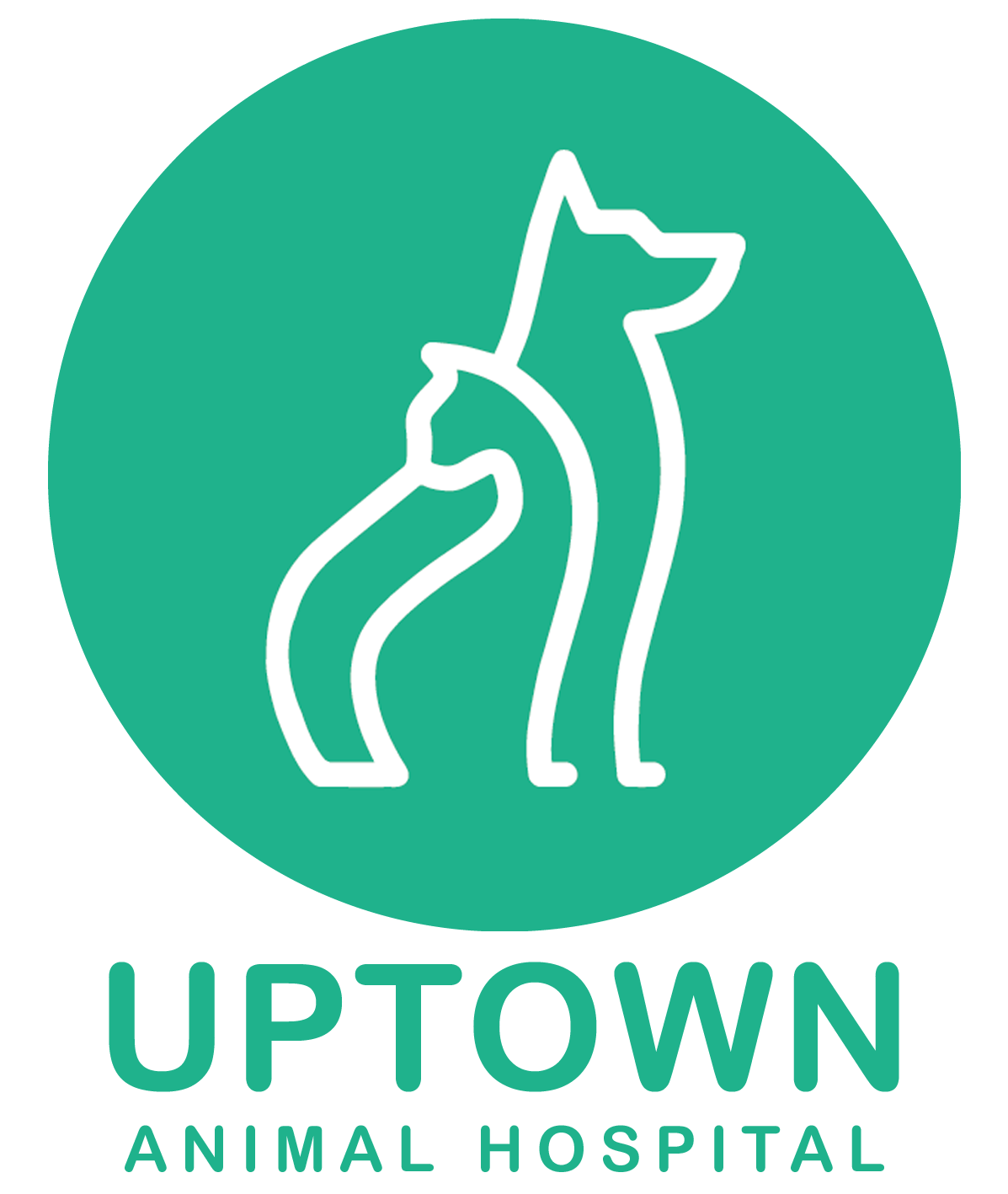Christmas can be a busy time for most households. While Christmas this year may look different than most, it is important to keep our pets safe and secure.
There are many different things pets can get into during the holidays. The decorations on the trees may look like playthings to them and can cause injury if broken or ingested. It is important to keep the ornaments up where the pets cannot reach them or have ornaments that are not breakable to keep any curious animal from hurting themselves on the glass pieces. When choosing decorations, avoid things like tinsel. Tinsel is very tempting for animals to play with but if ingested can be life threatening. It is best to avoid tinsel altogether with pets.
Make sure your Christmas tree is well secured to avoid an animal accidentally tipping it over. Ensure cords for lights are well out of reach of your pets. If you have a real Christmas tree, please make sure the water reservoir is covered as chemicals that may be added to the water can be toxic to pets. Cats and dogs are not the only pet we need to be mindful of. Small animals like rabbits or ferrets are also tempted by the tree and the decorations. In order to keep them safe, consider a small pen around the tree to discourage your pet from climbing, chewing, or pulling things down and potentially breaking them.
Food and drink that are safe for humans can be toxic to pets. Never feed:
Chocolate: Contains Theobromine and caffeine. The darker the chocolate, the more dangerous it is. Chocolate ingestion can cause vomiting and diarrhea, panting, excessive thirst and urination, hyperactivity, abnormal heart rhythm, tremors, seizures, and even death.
Onions, Garlic, and Chives: Can cause gastrointestinal irritation and lead to red blood cell damage.
Yeast Dough: When ingested, the dough can rise and cause excessive gas in the digestive system. This is very painful and can even cause the stomach to twist on itself which is a
life-threatening emergency. Yeast also produces ethanol and other by-products, which can cause your pet to become intoxicated.
Grapes and Raisins: The toxic substance in grapes and raisins is unknown but feeding these has been known to cause kidney failure even in small amounts.
Xylitol: Is used in many products as an artificial sweetener (gum, candy, baked goods, and even toothpaste). It causes dangerously low blood sugars and liver damage – both harmful and life threatening effects. Signs of ingestion include vomiting, lethargy, loss of coordination, and eventually seizures.
If your pet has ingested any of these substances, seek emergency veterinary care.
Do you like to give your pet table scraps? If so, ensure to only give a small amount with their regular food. Ensure any scraps are non toxic, and low in fat (gravy and skin can both be high fat) to avoid vomiting, diarrhea, and dangerous inflammation of the pancreas. Avoid cooked bones or turkey necks which may splinter or cause obstructions in the stomach or intestines. Keep in mind that any sudden changes in diet can cause tummy upset such as vomiting or diarrhea.
When decorating with plants for the holiday season, please keep any plants such as mistletoe, holly, ornamental pepper, and Christmas rose out of reach of your pets. Remember lilies and all their parts of lily plants are extremely toxic to cats and should not be in a house with cats at all.
The holidays can be a busy time for your family. While not many people are travelling far this year, we are still celebrating at home or in small groups. Changes in routine can be stressful for your pets. Be sure to have a place for them to hide or settle down safe and away from the busy events. Dogs can be crate trained ahead of the holidays to be calm and comfortable in the crate. Calming dog pheromones such as Adaptil diffusers, or nutraceuticals like Zylkene may be appropriate for your dog for an additional calming effect. Cats may prefer a quiet room, to hide under a bed, or they may like to be perched up high and above everything to observe safely. A vertical cat tree can help accommodate them this way. Calming cat pheromones through Feliway diffusers are a great way to help cats cope with the change in routine. Keep litter boxes in areas where they are easily accessible without your cat having to travel through a busy area of the house. Rabbits can be crate trained easily and may do well with food puzzles and different things to chew on to keep them content and distracted. Rabbits may also prefer to have a quiet room to themselves to eat and sleep, or even just a safe box to sleep in.
With some planning and considerations, we can make the changes of the holidays a little easier on our pets. If you have any other concerns about your pet and the holidays or think they may need some medical interventions for their behaviour during the season, please speak with our team at Uptown Animal Hospital.
After-hours care is available 24/7 at:
Fairfield Animal Hospital
Phone: 250-860-6550
1987 Kirschner Rd, Kelowna, BC V1Y 4N7

